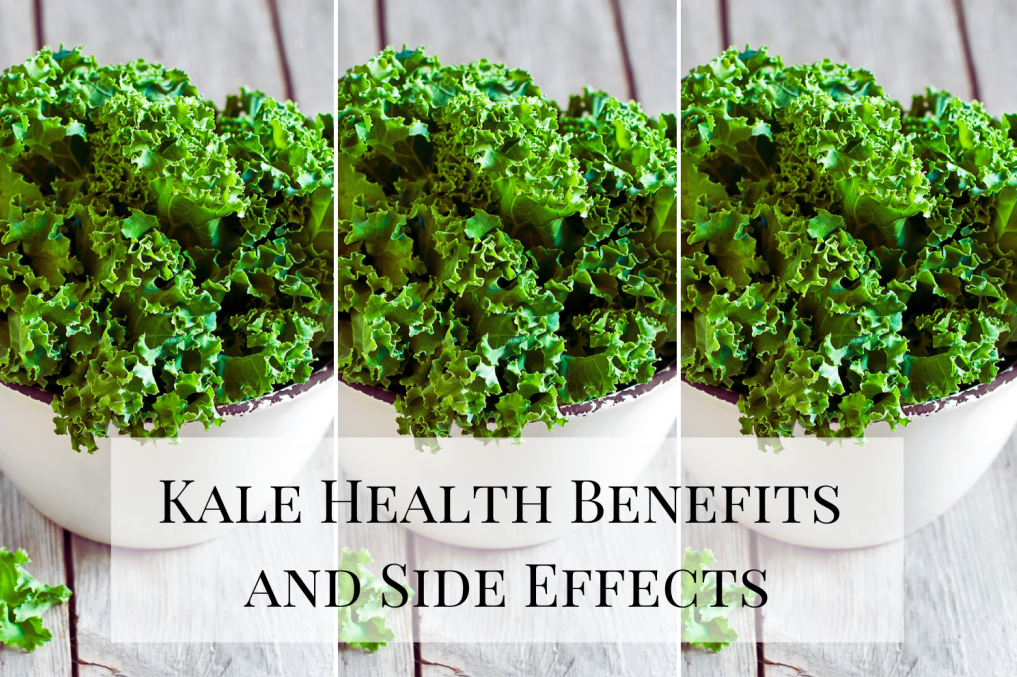Kale has surged in popularity as a superfood in recent years, often praised for its nutritional benefits. Rich in vitamins A, C, and K, kale offers a significant boost to the immune system, promotes healthy vision, and aids in blood clotting. Additionally, it’s an excellent source of antioxidants, which help combat oxidative stress and reduce inflammation. Kale is also high in fiber, supporting digestive health and promoting a feeling of fullness, which can be beneficial for weight management. However, like any food, it should be consumed in moderation, as excessive intake may lead to potential health issues such as thyroid dysfunction due to its goitrogen content. Overall, when included as part of a balanced diet, kale can be a healthy and nutritious addition.
Kale: A Nutritional Powerhouse or Just a Trend?
In recent years, kale has taken the culinary world by storm, finding its way into everything from salads and smoothies to chips and soups. But beyond its trendy status, many wonder whether kale truly deserves its reputation as a superfood. Let’s delve into the nutritional benefits and potential downsides of this leafy green to determine if it’s as healthy as it claims to be.
Nutritional Benefits of Kale
Kale is often celebrated for its impressive nutrient profile. It is low in calories yet incredibly rich in essential vitamins and minerals. A single cup of raw kale contains:
- Vitamin K: Kale is an excellent source of vitamin K, providing over 600% of the daily recommended intake. This vitamin is crucial for bone health and plays a significant role in blood clotting.
- Vitamin A: With a high concentration of beta-carotene, kale supports eye health and boosts the immune system.
- Vitamin C: This antioxidant helps combat oxidative stress, supports the immune system, and aids in the absorption of iron.
- Calcium: Kale provides a plant-based source of calcium, important for maintaining strong bones and teeth.
- Fiber: Helping to promote healthy digestion, fiber is an essential component of kale that aids in maintaining a healthy weight.
Beyond these, kale also contains significant amounts of iron, manganese, and antioxidants like quercetin and kaempferol, which have anti-inflammatory, antiviral, and anti-cancer effects.
Potential Downsides
While kale is packed with nutrients, it’s important to consume it in moderation. Here are a few considerations:
- Oxalates: Kale contains oxalates, which can interfere with calcium absorption and may contribute to kidney stone formation in susceptible individuals.
- Thyroid Function: Kale is a cruciferous vegetable, which means it contains goitrogens. These compounds can interfere with thyroid hormone synthesis, potentially affecting thyroid function in people with preexisting thyroid conditions. Cooking kale can reduce these goitrogenic compounds.
- Pesticide Residue: Kale often appears on lists of produce with high pesticide residues. Opt for organic kale when possible to minimize exposure.
Conclusion
Incorporating kale into your diet can offer a multitude of health benefits, thanks to its rich nutrient content and antioxidant properties. However, as with any food, balance is key. Enjoy kale as part of a varied and balanced diet, ensuring you reap its benefits while being mindful of any potential downsides. Whether you toss it into a smoothie, bake it into chips, or sauté it as a side dish, kale can be a delicious and nutritious addition to your meals.
